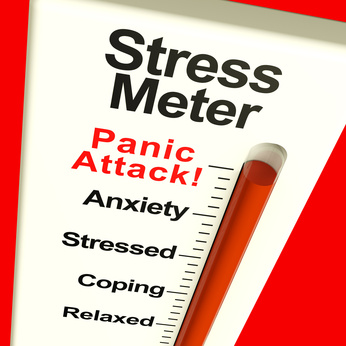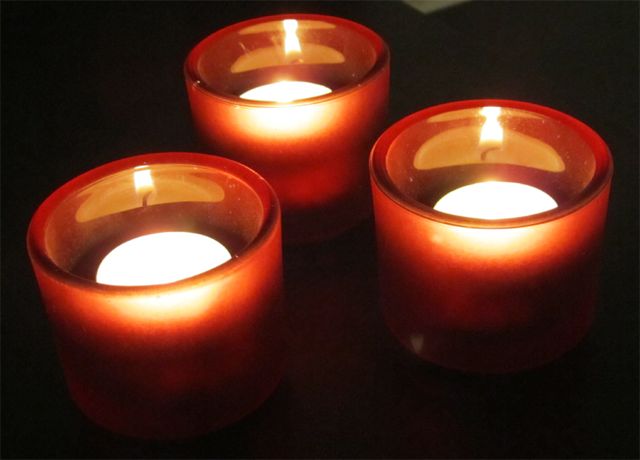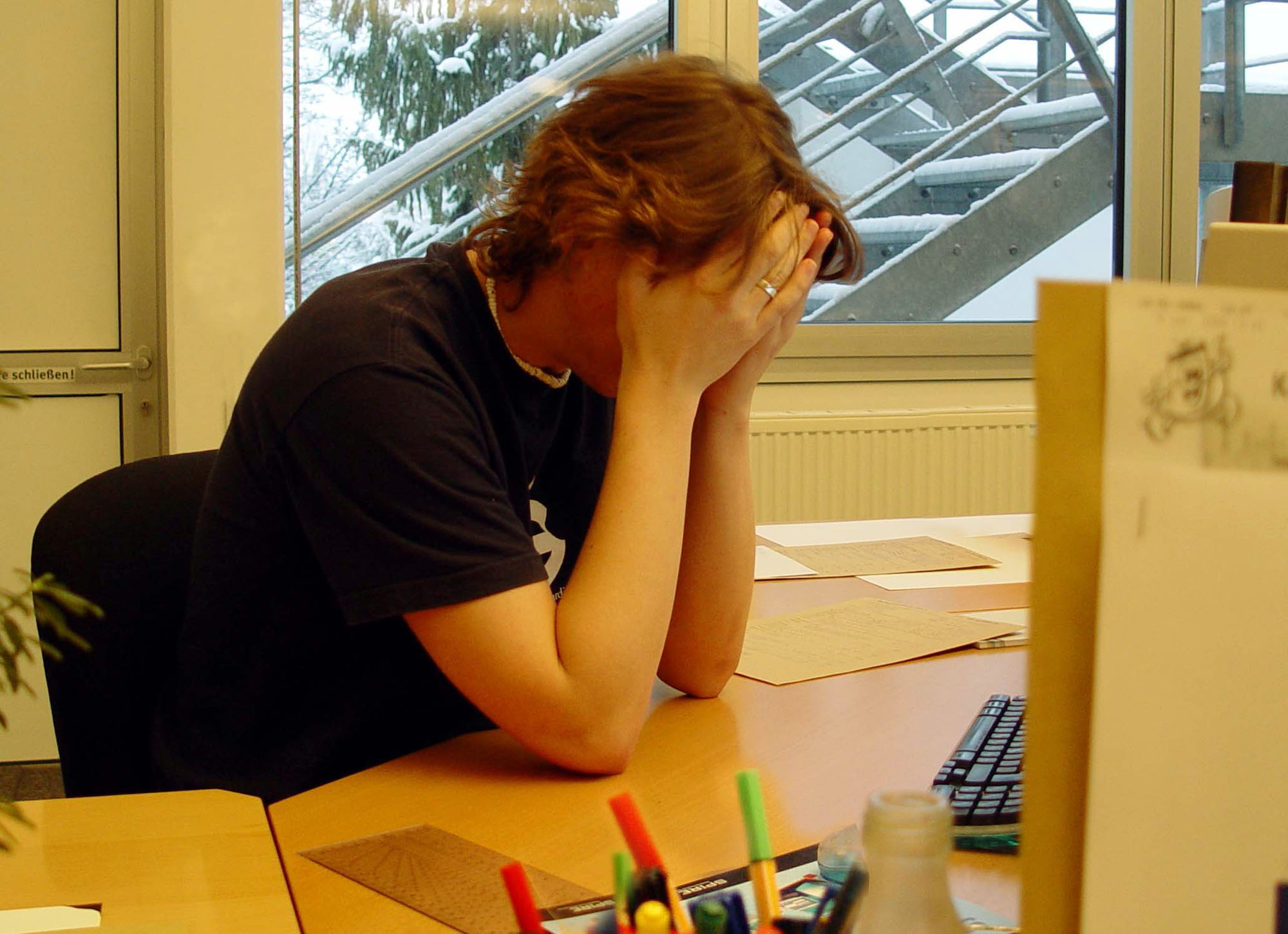Tag: Depression
-

How to Expose Covert Abuse, Coercive Control and Gaslighting
The red-flags for covert abuse, coercive control and gaslighting in a toxic relationship usually take time to notice. We enter into coupledom in a state of vulnerability, with an open heart, and assuming our partner has the best intentions. When things go wrong, we might blame ourselves or start thinking we are unwell. Then we…
-

How to Reduce Rumination and Stress by Doing More and Thinking Less
Ruminating. Catastrophising. Panicking. All describe the breakdown of logical reasoning that happens when we are in such a state of anxiety that our thinking is paralysed. So how is it possible to stop going over and over a source of worry? The answer to reduce rumination isn’t more thinking, it’s more doing. Why Can’t I…
-

Anxiety Therapy in Stockholm: Walk and Talk or Talk and Tea… You Choose!
Treatment for Anxiety is now attracting the same attention given to Depression over recent years. And it’s no wonder. Many people are unaware that Anxiety is affecting their lives and as a result become confused as to how to better approach their symptoms. Talk therapy can offer new ways of responding to Anxiety, and you…
-

Life Coaching in English to Turn Your (Swedish) Life Around
Not adjusting to life in Sweden? Worried about your mental health? Can’t concentrate and think you have ADD or ADHD? Struggling with the winter? Don’t let the darkness, Snökaos (snow chaos) or winter blues drive you to depression. Whether you choose to do it in-person or by webcam, you might just need a few sessions…
-

Can Depression that Started in Sweden be Treated with Exercise?
Improvement to mood is one of the most obvious effects of exercise. But can exercise actually be used as a treatment for depression? An article recently featured in the Stockholm daily newspaper Dagens Nyheter says it can. Jill Taube, a Swedish psychiatrist, has written a book about how exercise can help to cure mental illness.…
-

Therapy for Winter Depression or Seasonal Affective Disorder (SAD) in Stockholm
Depression? Seasonal Affective Disorder? The cold and darkness of Sweden at the end of the year is one of the hardest issues for expats. For those of us from relatively warm countries (take note Aussies and South Africans) and others who have never lived this far north, the Swedish climate can be a real shock.…
-

Adjustment to Life in Sweden and Therapy in English
For most expats, relocating to Sweden means adjusting to a different culture. Reactions associated with the stress, uncertainty and the upheaval of relocation to another culture are very common for those from English speaking countries. These reactions can include experiences of anxiety, withdrawal, low mood, depression and other mental health difficulties. In my therapeutic work…
-
3 Advantages of Counselling in English in Stockholm
Anyone trying to find an English speaking therapist in Stockholm has a story why he or she moved to Sweden. When people email or call me about my therapy services they often want help with couples counselling, family difficulties or work issues and career direction. Counsellors working with expats in Stockholm know living in…
